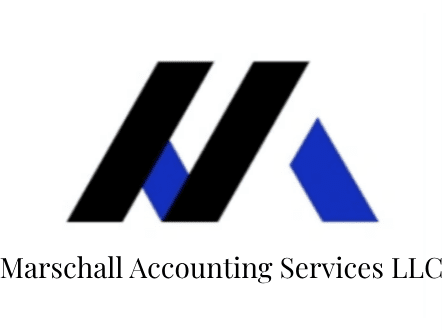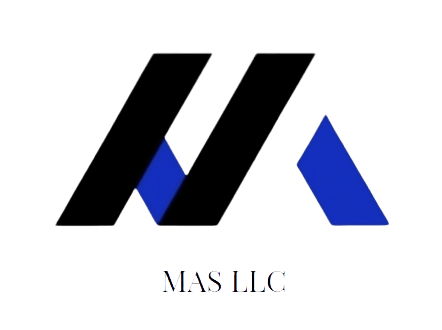Article: Opening a Business? Follow this Important Checklist!
Category: 1040 income tax

1. Determine your business entity classification will be a Corporation, S-Corporation, LLC, or Sole Proprietor.
2. Only Corporations, S-Corps, and LLC protect personal assets. You can open an LLC on your state’s corporation website and it is highly recommended that businesses have the protection of an LLC.
3. Next, procure an Employer Identification Number (EIN) from the IRS. This is free.
4. Ensure you choose the correct taxation entity when applying for an EIN. For example, if you are a single member LLC and you accidentally click on partnership or multi-person LLC, you will be required to file Form 1065, a partnership return due one month before the individual 1040.
5. Register your business with the county or city in which you live.
6. Sole proprietorships and LLCs default to 1040 Schedule C. No separate business tax returns are filed. The business is taxed at the individual level.
7. Every business form except a Corporation is a “pass-through entity.” You pay taxes at the individual 1040 level. An S-Corp must file an 1120S by 3/15 and a partnership or multi-person LLC must file a 1065 by 3/15, as well. However, all income flows through to the 1040 and is taxed at individual tax rates. Only a C-Corp is taxed at their own entity level. Corporations must file a 1120, due 4/15. The corporate tax rate is currently 21%.
8. If your business sells products or the state taxes services, ensure you file monthly sales tax returns and make timely payments. If you sell in various states and locales, check local nexus rules. Remember some localities tax services!
9. Hire a payroll processing company to file your payroll taxes and file quarterly filings. These companies are expert at what they do and are much more affordable than doing it yourself or hiring a CPA to run payroll.
10. Make estimated quarterly taxes. This is not optional and is part of the pay-as-you-go tax system. Federal due dates are:
a. 4/15 1st quarter
b. 6/15 2nd quarter
c. 9/15 3rd quarter
d. 1/15 of the following year 4th quarter
11. Beware the TurboTax or other self-preparation software trap. While it may be more cost efficient than hiring a CPA, these software programs do not tell you what is or is not tax deductible. Some of the largest audit messes we defend are as a result of businesses filing their own taxes.
12. Use accounting software such as QuickBooks to ensure accounting records are accurate and easily retrievable at tax time and in case of audit. The ability to run monthly reports and analytics is essential in tracking profitability and controlling costs. Uncontrolled costs are the number one reason we see small businesses fail.
13. Always use a business bank account. Do not comingle your business and personal assets.
14. Ensure you understand what is and is not tax deductible for businesses. Keep a mileage log.
Reach Out To Our Team For More Important Information On Business Formation To Ensure Your Genius Business Concept Is Not Torpedoed By Lack Of Tax And Accounting Compliance!




